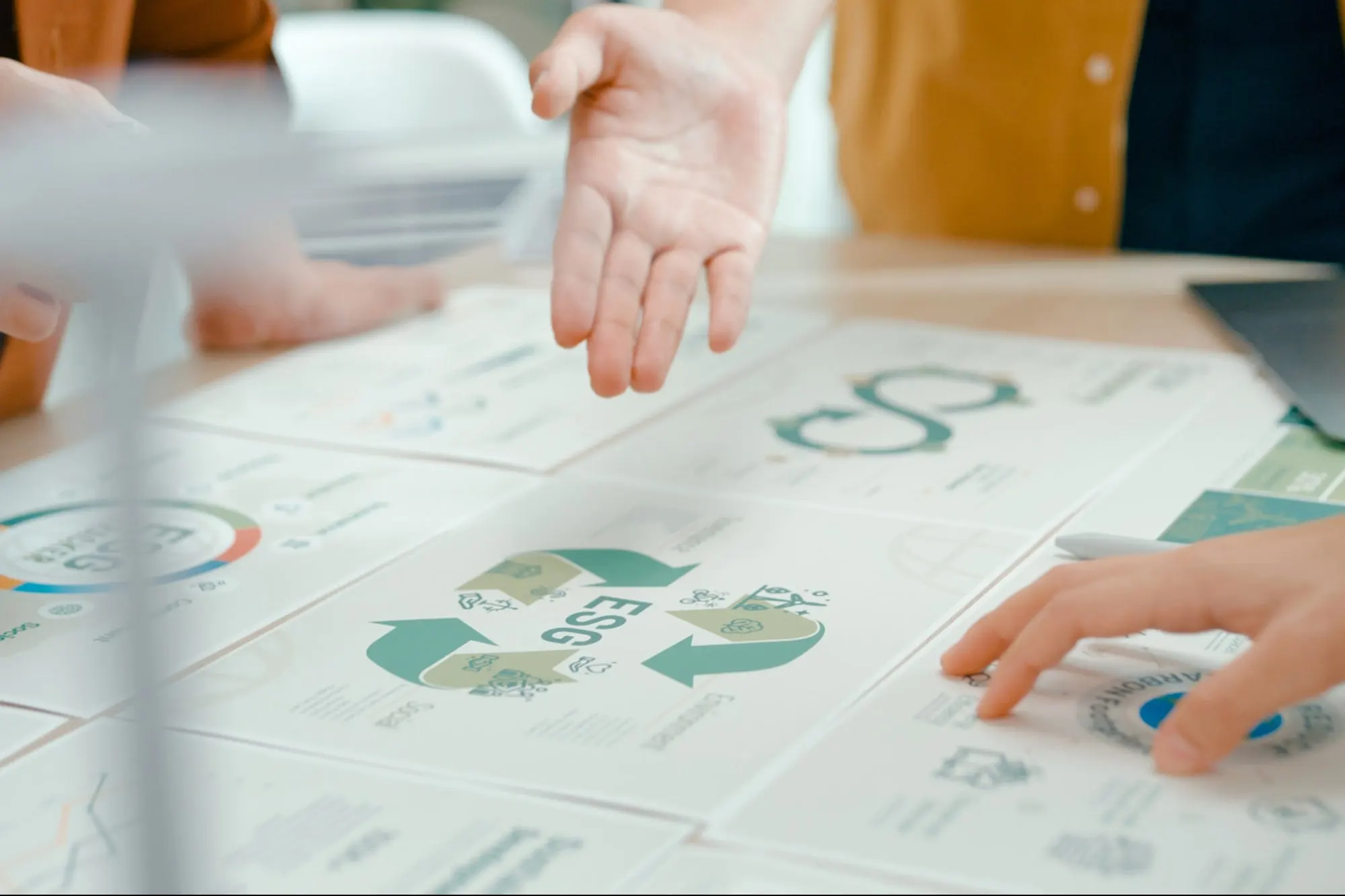In recent years, environmentally friendly residential and commercial flooring has gained traction as many homeowners and business owners aim to adopt sustainable practices. Flooring is one of the most utilized aspects of any building, from offices to retail spaces. Choosing eco-conscious flooring materials can contribute significantly to homes’ and companies’ sustainability goals. Eco-friendly flooring options are often made from renewable resources and recycled materials, leading to reduced carbon emissions and waste.
Here’s a look at some popular sustainable flooring options and their benefits.
1. Bamboo Flooring
Bamboo flooring is a sustainable flooring option due to its aesthetic appeal and durability. It is an ideal choice for both homes and commercial buildings. Bamboo flooring is a sustainable alternative to timber floors. It is a renewable resource that offers stability and strength and is now widely available.
Bamboo shares similar characteristics with hardwood. It is durable, easy to maintain, and easy to install. Bamboo flooring is resistant to scratches, pests, and moisture. It is very fast-growing and can be harvested in three to five years. Bamboo is a light material, and you can find it in a variety of colors.
2. Epoxy Flooring
Epoxy flooring has become popular due to its aesthetic appeal, strength, and chemical resistance. It is a type of composite material made from resin and hardener. It is applied as a liquid and hardens to form a solid, uniform surface. The epoxy liquid is applied in multiple layers or coatings, resulting in a thick and durable finish. Epoxy flooring also has the ability to resist chemicals and oils that can discolor or damage the flooring surface.
Many homeowners are now opting for epoxy flooring for homes due to its exceptional durability, low maintenance, and custom designs. Epoxy flooring is also an ideal option for high-traffic areas.
3. Polished Concrete
Polished concrete is a more popular flooring option. It is a durable, classic building material that offers a clean and contemporary look at an affordable price. It drastically cuts down maintenance costs when compared to other, more traditional flooring materials. Light reflectivity can reduce utility costs. It is also environmentally friendly since there are fewer waste materials produced during installation.
The surface of the concrete floor does not retain mold, mildew, dust, and allergens. In this way, it also helps in improving air quality. If you are looking to transform your commercial space, hire professional commercial concrete polishing services.
4. Linoleum Flooring
Linoleum is considered to be sustainable as it is manufactured from natural materials. It consists of a mixture of rosins, powdered cork, wood flour, pigments, ground limestone, jute, and linseed oil. Therefore, it is fully biodegradable and will not release harmful toxins into the environment. Traditionally, linoleum is applied in tiles or sheets, but it is also available as a liquid.
Liquid linoleum has the same all-natural ingredients as its solid counterpart. It is mixed on-site and applied using a roller or trowel to create a uniform surface without seams. Linoleum is not completely waterproof but can resist water. It is durable and does not require intensive maintenance.










Comments